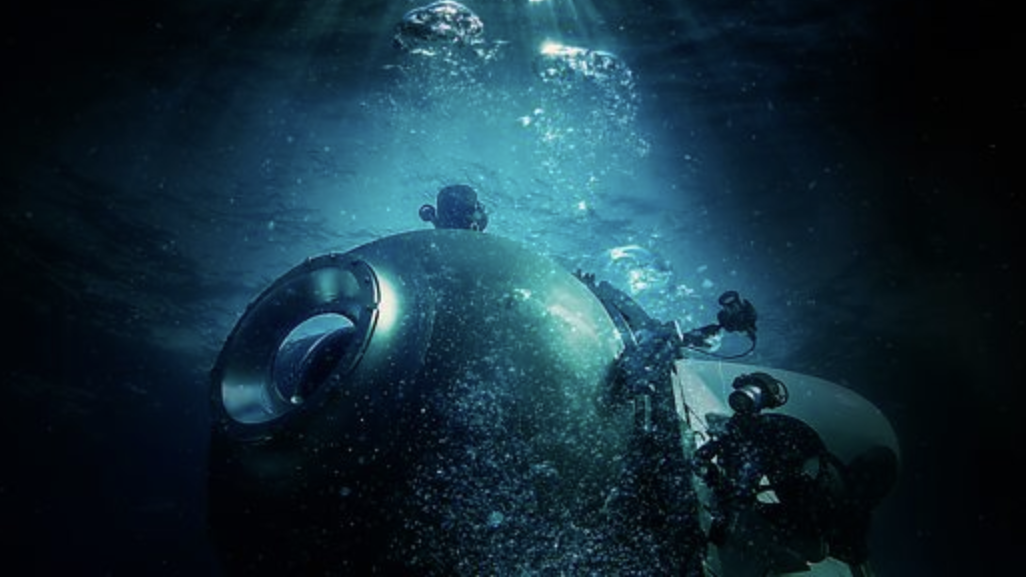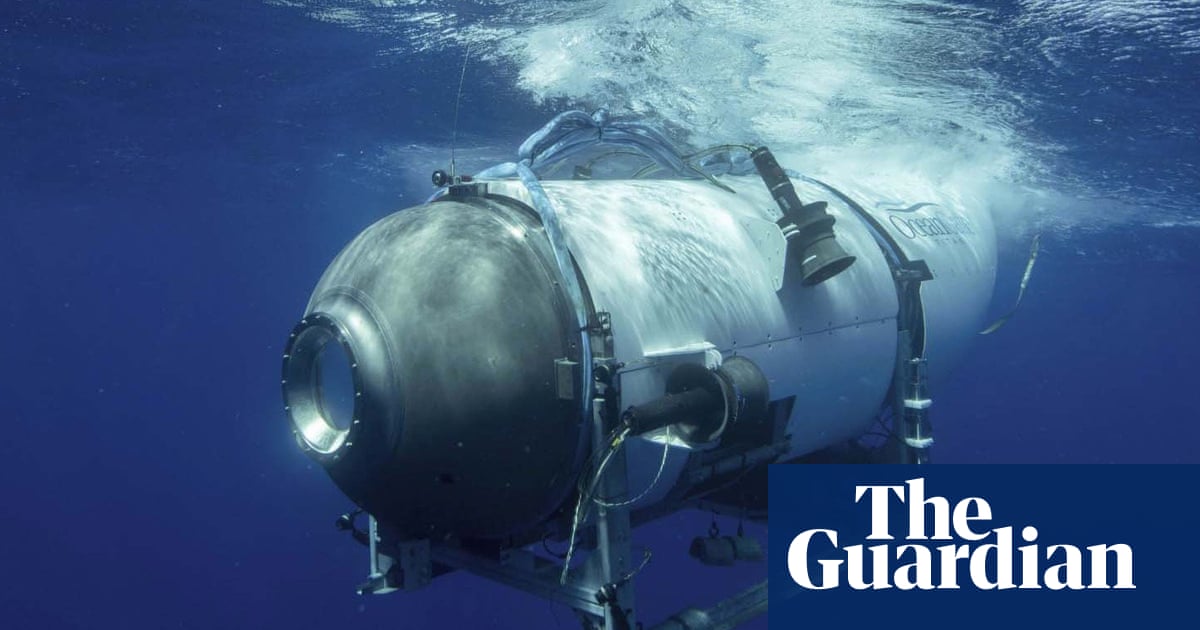LittleInch
Petroleum
Just watched a new documentary by the BBC and others like Discovery so if you're interested look out for it. Implosion: The titanic sub disaster.
Key new part for me is that they released video of the moment a loud "crump" was actually heard on board the support vessel apparently through the hull with Rushs wife Wendy doing the monitoring of the sub and her saying "what was that?". They then got a message from the sub which must have been somehow delayed saying dropped two weights which confused them. It is pretty chilling to listen to alright. That and the fact that they were thought not to be at the ocean floor implies they were getting some warnings.
This is a clip but there are others.
Not much we didn't already know, but they have noted dive 81 (out of 88) where there was a very large bang heard which they reckon was the point at which the hull was on its last legs after a major internal failure.
The Discovery documentary maker back in 2022 was very unimpressed with the whole thing and persuaded the company to can their documentary as he was convinced it would end in failure and didn't want to be seen to promote the operation.
Looks like it's on Discovery pretty soon. If you're interested, it's pretty good and not that big into the human interest side, but does have input from the wife of the man and his son that died which is quite moving.

 www.tomsguide.com
www.tomsguide.com
Key new part for me is that they released video of the moment a loud "crump" was actually heard on board the support vessel apparently through the hull with Rushs wife Wendy doing the monitoring of the sub and her saying "what was that?". They then got a message from the sub which must have been somehow delayed saying dropped two weights which confused them. It is pretty chilling to listen to alright. That and the fact that they were thought not to be at the ocean floor implies they were getting some warnings.
This is a clip but there are others.
Not much we didn't already know, but they have noted dive 81 (out of 88) where there was a very large bang heard which they reckon was the point at which the hull was on its last legs after a major internal failure.
The Discovery documentary maker back in 2022 was very unimpressed with the whole thing and persuaded the company to can their documentary as he was convinced it would end in failure and didn't want to be seen to promote the operation.
Looks like it's on Discovery pretty soon. If you're interested, it's pretty good and not that big into the human interest side, but does have input from the wife of the man and his son that died which is quite moving.

How to watch 'Implosion: The Titanic Sub Disaster' online for free – stream the documentary now
Scientists explore how the Titan submersible implosion was more than just a tragic accident
Last edited:


